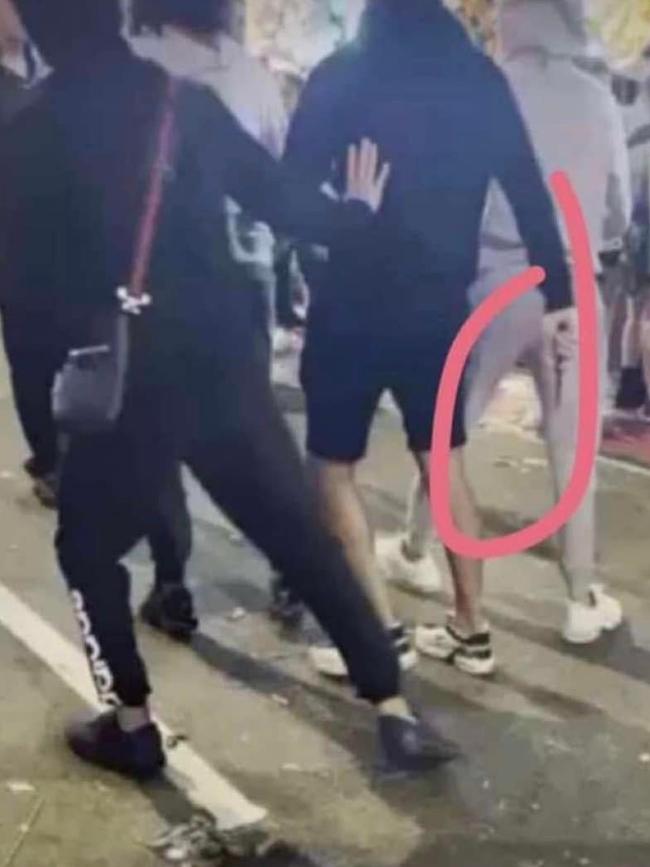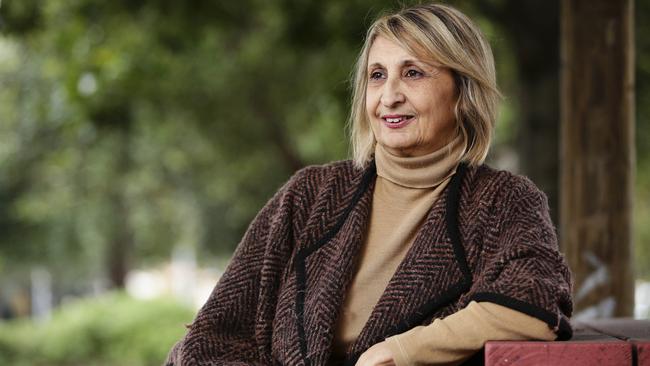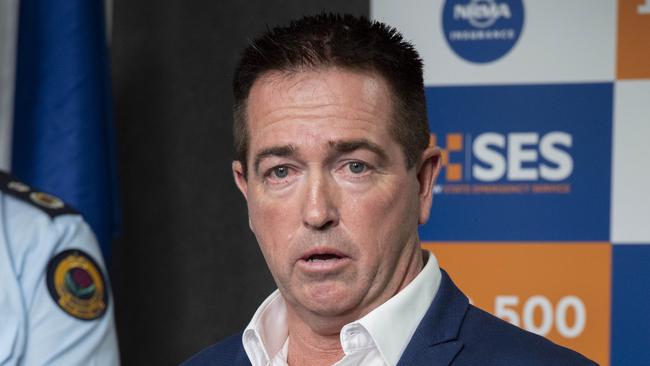Psychologist backs terror tactics to stop Sydney’s postcode gang wars
Sydney’s youth gang ‘postcode wars’ could end if the same tactics that stopped kids joining terror groups are employed, a top psychologist believes.
Police & Courts
Don't miss out on the headlines from Police & Courts. Followed categories will be added to My News.
Sydney’s postcode wars could be stopped if the same diversion programs that long prevented kids being groomed by terrorists were used on youths who are targeted by street gangs, a top psychologist believes.
The violence perpetrated by youth gangs on suburban streets was brought to the fore after the stabbing of 16-year-old Uati “Pele” Faletolu at last month’s Royal Easter Show. His killer is still being hunted by NSW Police.
Leading psychologist Rose Cantali has been working with youths who were seen as being at-risk of joining a terrorist organisation or being radicalised since the early 2000s.
She believes terror is now less of a threat and said putting caseworkers from this area to work with children caught up in, or at risk of joining a youth gang, could make an instant difference.
“One of the things that worked really well (with terrorism) … was a team that went around helping kids who have been involved terrorist activities or were at risk of being radicalised,” Ms Cantali said.


“Every kid was allocated a case worker who can build some sort of rapport with the young person, they then engage with a psychologist like myself or an appropriate person, and they incorporate the families as well.
“I think this is bigger than terrorism, we’re getting kids joining gangs – our own internal terror groups.
“I’ve found there’s been a lot of success in that particular model – I really think this type of model will work well with these kids.”
Weapons offences in the Blacktown area where Faletolu grew up have tripled over the past five years.
Those statistics were backed by senior police.
“Attacks like that are happening all the time on the streets of western Sydney,” one police source said.
“The only difference was that this was fatal, it happened at the Easter Show, and was captured on video – that’s what brought it to the fore.”
With the state government working to quell the rising levels of youth violence on suburban streets, Police Minister Paul Toole would not rule out Ms Cantali’s idea, saying “nothing will ever be off the table”.
“The safety of the community is always my top priority – and that means stopping criminal activity before it’s too late,” Mr Toole said.
“This is a complex issue requiring complex solutions, and as a result, nothing will ever be off the table.”

Opposition police spokesman Walt Secord spoke strongly about the proposal, saying it was crucial not to “give up on these kids” and backing Ms Cantali’s idea.
“It is time for a bold new approach,” Mr Secord said.
“These programs will work in partnership with community leaders, teachers, police and youth workers to target young people at risk.
“We mustn’t give up on these kids. They must realise they can become valuable members of society.”
Statistics from the Bureau of Crime Statistics and Research have revealed almost every youth who commits an offence with a knife – including violent attacks – is allowed to walk free from court with barely a slap on the wrist.
Of the 72 juveniles who committed a weapons offence in the past five years, only three served time in jail – with an average sentence of three months.

Ms Cantali believes that is not necessarily a bad thing, saying many troubled kids “find it really difficult to understand consequences”.
But senior government sources said programs should never completely replace juvenile detention centres and that it was important to remember one aspect of putting people behind bars was to protect society.
“We’ve seen massive reductions in the incarceration of young people which was great over last eight years, because we put a whole lot of resources which are working,” the source said.
“But you can’t just walk away from juvenile detention centres because you don’t want to radicalise the kid … if that’s the attitude, that means juvenile detention is failing.
“If there is a young person that would put the community at risk, you’ve got to incarcerate them.”





